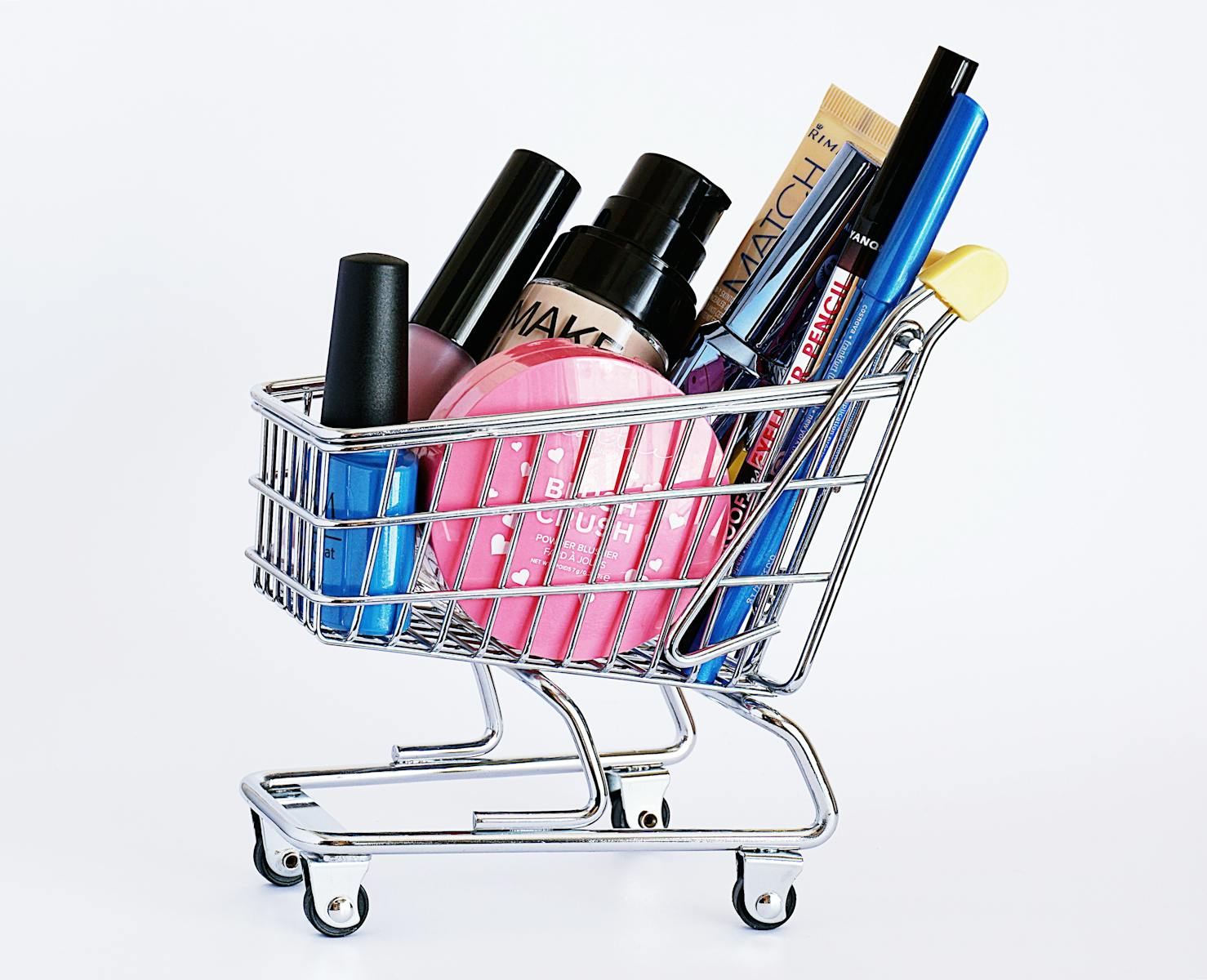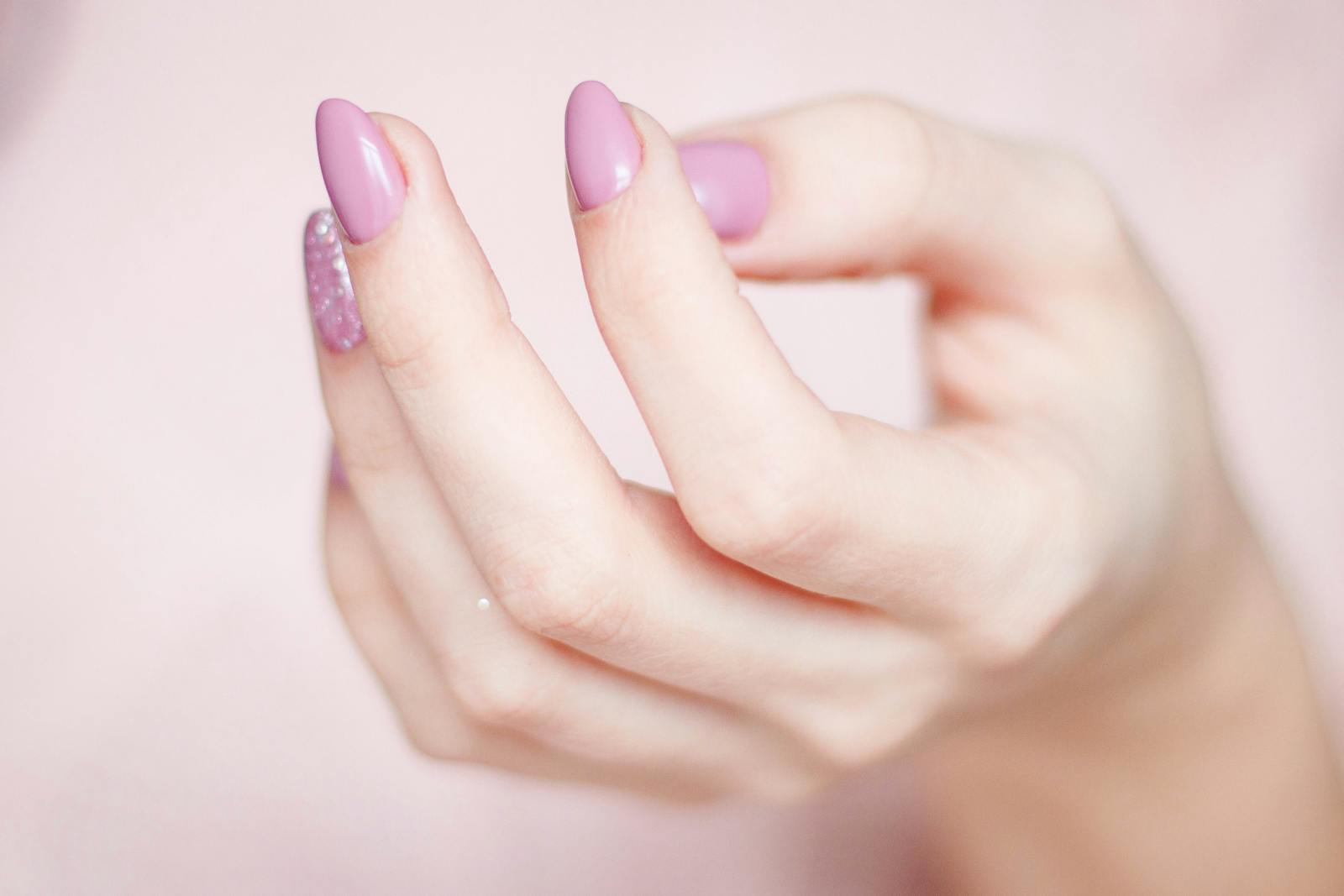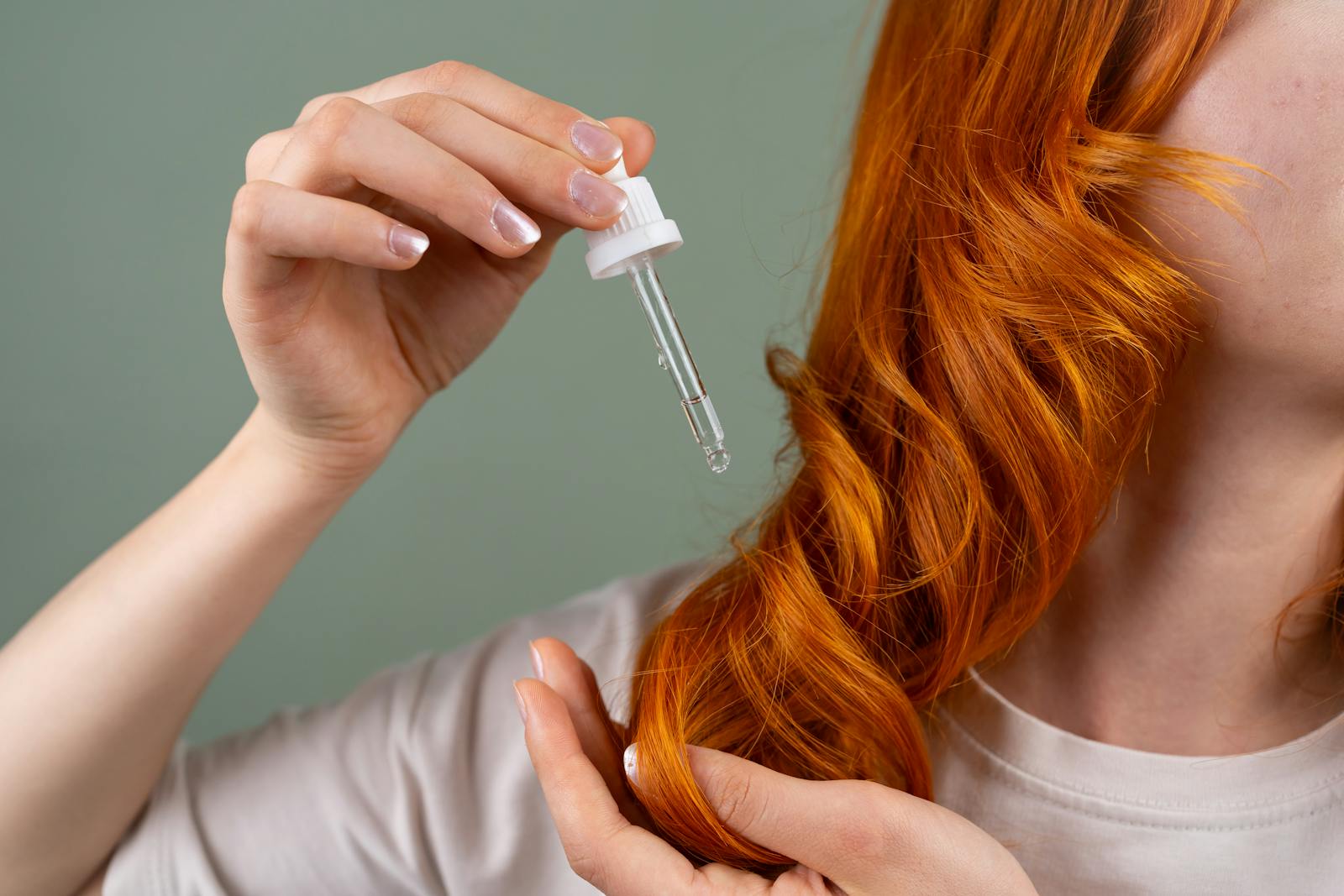The beauty industry constantly evolves, offering new products that attract women, men, adolescents, and even children. But behind every attractive packaging and enticing scent lies the potential for allergic reactions. From makeup and sunscreen to nail polish and perfumes, these everyday items can provoke skin and respiratory responses if chosen unwisely.
Allergic reactions can appear at any age, often unexpectedly. Yet, informed choices and preventive measures can significantly reduce the risk of developing sensitivities.
Prioritize Established Brands and Certified Products
While it may be tempting to buy cheaper or lesser-known brands, dermatologists stress the importance of relying on products from reputable manufacturers. Look for explicit certifications on labels, particularly approval from recognized dermatology societies. These indicators signal that a product has undergone rigorous testing for safety and skin compatibility.
The Hidden Risks of Fragrances
Fragrances in shampoos, colognes, and moisturizers are common culprits behind allergic respiratory reactions, especially in individuals predisposed to allergies. Even mild scents can provoke sneezing, congestion, or itchy eyes. For sensitive users, avoiding highly fragranced products is a safer route.
Nail Polish: A Frequent Trigger
Nail polishes rank high on the list of allergens. Darker shades often present a greater risk for people with sensitive skin. Reactions usually appear as eczema on the face, particularly the eyelids, while hands are less affected due to thicker skin. Choosing lighter tones and limiting exposure can reduce the likelihood of adverse responses.
Makeup Safety: Quality and Expiration Matter
Makeup warrants careful attention. Expired or low-quality products can damage the skin rather than enhance it. Experts recommend using widely recognized brands with a solid track record of safety. Always check expiration dates, avoid products with unknown chemical compositions, and follow any instructions provided by dermatologists during skin treatments.
Protecting Children’s Sensitive Skin
Children’s skin is thinner and more prone to irritation. Early exposure to allergens can increase the risk of developing allergies later in life. Therefore, dermatologists advise against encouraging children to wear makeup or nail polish. Safe practices during early years are critical in preventing long-term skin sensitivities.
Managing Skin During Dermatological Treatments
Those undergoing dermatological care should strictly follow medical guidance, using only prescribed products. Skin under treatment is more sensitive, and deviations can lead to severe reactions. Any sign of itching, redness, or irritation warrants immediate consultation with a dermatologist.
Key Takeaways for Allergy Prevention
- Select trusted brands: Avoid unverified or extremely cheap cosmetics.
- Check certifications: Approval from recognized dermatology societies matters.
- Mind fragrances: Opt for unscented or low-fragrance products, particularly if prone to respiratory allergies.
- Consider nail polish colors: Lighter shades reduce allergy risks.
- Follow dermatological advice: Use only prescribed treatments when your skin is sensitive.
- Exercise caution with children: Avoid early exposure to makeup and nail products.
In essence, beauty doesn’t have to come at the cost of health. Conscious choices, attention to product quality, and mindful use can allow individuals to enjoy cosmetics while minimizing the risk of allergic reactions.




